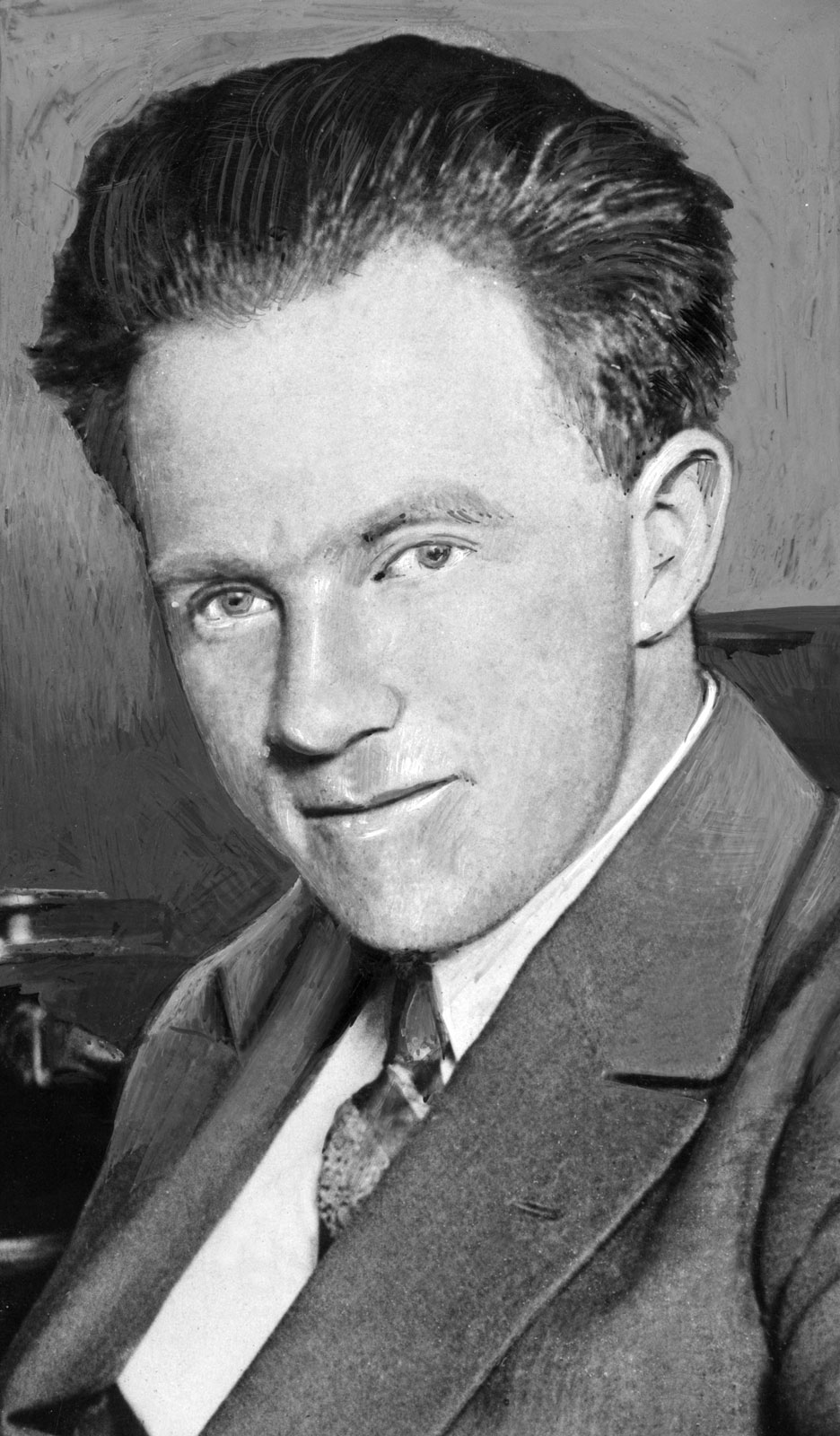Karl Heisenberg is a name that resonates deeply within the realms of physics and philosophy. His contributions to quantum mechanics have not only transformed our understanding of the microscopic world but have also posed profound questions about the nature of reality itself. This article delves into the life, achievements, and lasting influence of Heisenberg, shedding light on why he remains a pivotal figure in scientific history.
In this exploration, we will examine Heisenberg’s groundbreaking principles, particularly his uncertainty principle, which challenges classical notions of measurement and observation. We will also discuss the historical context in which he worked, the controversies he faced, and the legacy he left behind for future generations of scientists and thinkers.
Join us as we navigate through the intricate landscape of quantum mechanics that Heisenberg helped to shape, and uncover the significance of his work in both theoretical physics and modern technology. Whether you are a seasoned physicist or a curious learner, this comprehensive overview aims to provide valuable insights into the mind of one of the 20th century's most influential scientists.
Table of Contents
- Biography of Karl Heisenberg
- Early Life and Education
- University Career
- The Uncertainty Principle
- Nobel Prize in Physics
- Controversies and Ethical Considerations
- Impact on Modern Technology
- Legacy and Conclusion
Biography of Karl Heisenberg
Karl Heisenberg was born on December 5, 1901, in Würzburg, Germany. He showed an early aptitude for mathematics and science, eventually leading him to the University of Munich, where he studied physics under prominent physicists of his time.
| Data Pribadi | Informasi |
|---|---|
| Nama Lengkap | Karl Friedrich Heisenberg |
| Tanggal Lahir | 5 Desember 1901 |
| Tempat Lahir | Würzburg, Jerman |
| Tanggal Wafat | 1 Februari 1976 |
| Profesi | Fisikawan |
Early Life and Education
Heisenberg's early education was influenced by his father, who was a professor of physics. Heisenberg pursued his undergraduate studies at the University of Munich, where he was exposed to the revolutionary ideas of quantum theory that were emerging in the early 20th century.
During his time as a student, Heisenberg developed a keen interest in theoretical physics, particularly the works of Max Planck and Albert Einstein. He completed his doctorate in 1923 at the young age of 22, under the supervision of Arnold Sommerfeld, a renowned physicist.
University Career
Heisenberg's academic career took off when he became a professor at the University of Leipzig in 1927. It was here that he formulated his most significant contributions to physics. His work on matrix mechanics laid the groundwork for what would later become known as quantum mechanics.
Heisenberg's brilliance was recognized by his peers, and he quickly became one of the leading figures in the field of physics. He was known for his ability to communicate complex ideas clearly and effectively, which made him a sought-after lecturer and collaborator.
The Uncertainty Principle
One of Heisenberg's most famous contributions is the Uncertainty Principle, articulated in 1927. This principle states that it is impossible to simultaneously know both the position and momentum of a particle with absolute precision. The more accurately one property is measured, the less accurately the other can be known.
This groundbreaking realization challenged classical physics and introduced a new paradigm in understanding the behavior of subatomic particles. The Uncertainty Principle has profound implications for the nature of reality, suggesting that at a fundamental level, uncertainty and probability are intrinsic to the universe.
Nobel Prize in Physics
In recognition of his contributions to theoretical physics, Karl Heisenberg was awarded the Nobel Prize in Physics in 1932. The award highlighted his work on quantum mechanics, particularly the development of matrix mechanics and the Uncertainty Principle.
Heisenberg's Nobel Prize not only solidified his reputation as a leading physicist but also served to inspire future generations of scientists to explore the mysteries of the quantum world.
Controversies and Ethical Considerations
Despite his scientific achievements, Heisenberg's legacy is not without controversy. During World War II, he was involved in Germany's nuclear research program, leading to debates about the ethical implications of his work. Some critics argue that he should have done more to prevent the development of nuclear weapons.
Heisenberg's role in the wartime scientific community has sparked ongoing discussions about the responsibilities of scientists in times of moral crisis. This aspect of his life continues to be a subject of scrutiny and debate among historians and ethicists.
Impact on Modern Technology
The principles established by Karl Heisenberg have had far-reaching consequences, influencing numerous fields beyond physics, including chemistry, materials science, and even information technology. Quantum mechanics, as a direct result of Heisenberg's work, has paved the way for advancements in semiconductors, lasers, and quantum computing.
- Semiconductors: Essential for modern electronics, these rely on quantum principles for their function.
- Lasers: The operation of lasers is fundamentally based on quantum mechanics.
- Quantum Computing: Emerging technology that exploits quantum bits for enhanced computational capabilities.
Legacy and Conclusion
Karl Heisenberg's legacy is one of profound influence and lasting impact. His contributions to quantum mechanics have reshaped our understanding of the physical world and continue to inspire research and innovation to this day. The Uncertainty Principle remains a cornerstone of modern physics, influencing both theoretical research and practical applications.
As we reflect on Heisenberg's life and work, it is essential to consider the ethical implications of scientific discovery. The challenges he faced during his career serve as a reminder of the responsibilities that come with knowledge and innovation. We invite readers to engage with this ongoing dialogue and explore how the lessons of the past can inform our future.
In closing, we encourage you to leave your thoughts in the comments section below, share this article with fellow enthusiasts, or explore more articles on our site to deepen your understanding of the fascinating world of physics and its history.


